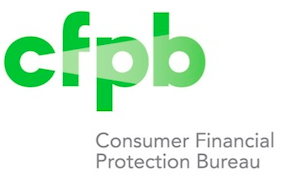 The US has a new federal regulatory agency: the Consumer Financial Protection Board. The CFPB has actually been in existence since 2010, but beginning in January 2013, their role will directly affect those who request, perform, or use background investigations.
The US has a new federal regulatory agency: the Consumer Financial Protection Board. The CFPB has actually been in existence since 2010, but beginning in January 2013, their role will directly affect those who request, perform, or use background investigations.
The federal regulations governing the use of background investigations are called the Fair Credit Reporting Act (FCRA). For decades, the Federal Trade Commission has been responsible for interpreting the FCRA, but in 2010, this responsibility was transferred to the newly created CFPB.
Largely as a result of this transfer in agency responsibility, FCRA-compliant forms must be modified by January 1, 2013 (Baker-Eubanks has distributed new forms to all clients and is available to answer your questions at any time).
Before being screened, candidates should be notified of a government-issued document titled “Summary of Consumer Rights Under the FCRA.” This form formerly listed the FTC as the point of contact for applicants seeking more information; it now lists the CFPB.
While the changes may seem slight, they’re significant. Recent events demonstrate why: employers and screeners that don’t comply with regulations can hurt applicants – and face high costs themselves.
High national unemployment rates have led to increased scrutiny of pre-employment screening processes. In August, there was a $2.6 million settlement with applicants screened by a firm that allegedly failed to follow regulations. The National Consumer Law Center issued a 40+ page report on the issue last April.
To learn more about recent job applicant protection activity, including the multi-million dollar million settlement and a National Consumer Law Center report, please see the article, “$2.6 Million Settlement to Applicants Hurt by Flawed Screening.”
